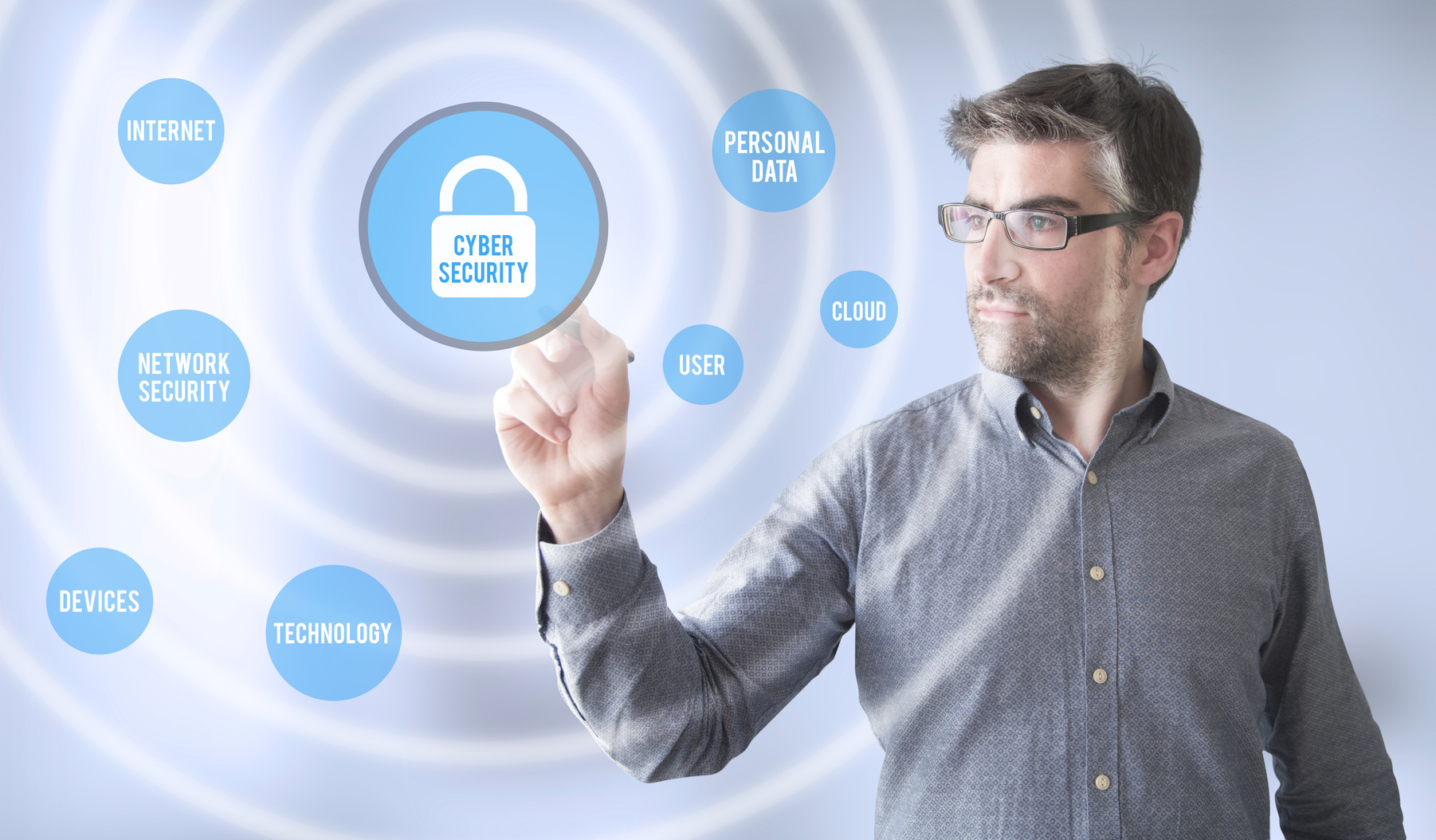Web security has never been more important.
It seems like we can’t go a week without hearing about some major corporation suffering a cyber attack. Every day, we receive Facebook friend requests from people on our friends’ lists who have been hacked.
You can’t even turn on the news these days without hearing about federal investigations into whether or not foreign agents are hacking elections.
The threat of cyber attack is real, whether you’re a major corporation, an independent contractor, or a small business with a Facebook Page.
But, there are security measures you can take to keep your online information safe.
1. Stay vigilant against Phishing
Have you ever gotten an email from a relative or a Facebook message from a friend with a suspicious link? It probably had some sort of luring comment attached, like “where did they get this picture of you?”
Or maybe you’ve received an email from your internet service provider asking you to provide your password for some maintenance on your account.
You may have even received a phone call from someone claiming to be the IRS.
Chances are good that this is a phishing scheme. Hackers pose as a trusted company or individual in order to gain access to private information, and sometimes even financial assets.
If you know what to look for, phishing attacks are a mere nuisance, but thanks to more vulnerable users, phishing is going to stick around for a while.
As a general rule of thumb, always avoid suspicious links, no matter who it’s coming from.
2. Keep better track of your passwords
Let’s be honest: despite all the warnings to use a different password for every account, we’re all using the same password all across the internet.
After all, these days we have dozens of accounts: social media, email, Netflix…sometimes even our TV has a password. How are we supposed to keep track of all these unique passwords?
There’s an easy solution for that. Instead of a notebook in your desk drawer, download a password manager.
A password manager automatically creates unique passwords across all of your accounts and stores them so you don’t have to. No more fumbling through variations of that one password you use for everything.
On the off chance, one of your passwords is cracked, the rest of your accounts are safe. A password manager is the easiest way to keeping all of your proverbial eggs in different proverbial baskets.
3. Be smart with your Cloud Storage
The Cloud is everywhere. More and more people are preferring public cloud storage to other storage means.
And why not? It’s convenient, fast, and cheaper than buying another external hard drive.
But as helpful as the cloud can be, there are also glaring vulnerabilities. For all of their security, iCloud and Google Drive still expect users to take responsibility for their own security measures.
Make sure you keep a local backup of all of your cloud data. Nothing is completely foolproof.
Several companies also offer encrypted cloud services. Encryption can make all the difference in your cloud security.
If you’d prefer a service without encryption, you can encrypt your own data before uploading it to the cloud, and even add further password protection to access your data.
4. Don’t skimp on security measures.
A good anti-virus program is one of the most important security measures, but too often people take it for granted.
While you’re browsing the internet for memes, your anti-virus is picking off malware like it’s playing Asteroids.
But with anti-virus software, like most things, you get what you pay for.
It can be tempting to skimp out in preference of a free service but think about what would happen if you lost your data to a malware attack.
Can you afford not to protect your data?
Premium anti-virus software is powered by skilled professionals who work tirelessly to ensure that their customers receive the most effective protection possible.
5. Be aware of your Network Attack Surfaces
The term “network attack surfaces” refers to the sum of weak points a cyber attacker can use to steal our data. As our networks increase in size and complexity, our potential network attack surfaces increase.
Every device, connection point, or data storage increases network attack surfaces.
Minimize your vulnerability by closing unnecessary ports and keeping your access restricted to trusted users.
6. The new threat: Ransomware
As we’ve said before, Ransomware has been on the rise, and it doesn’t look like it’s going away anytime soon.
Ransomware is a newer method of hacking, and it’s proved very lucrative for hackers.
Ransomware bypass weak security measures and secretly steals data from a user’s device, deletes the data, and forces the user to pay a fee to get their data back. Many hospitals, schools, police departments, and businesses have already fallen victim to ransomware.
But, there are several security measures you can use to protect against ransomware.
Backup all of your data all of the time. Hackers can’t steal your data if you have the data safe in another device.
Despite the sophistication of ransomware attacks, a lot of them start with a simple phishing scheme. Remember: never click on suspicious links, even if you think the sender can be trusted.
7. Backup, backup, backup
It should go without saying, but you need to backup your data. No server is fool proof.
If you rely on a cloud service to save all your data, or if you keep all of your files on a single laptop, you’re only a few malfunctions away from losing everything.
To make a secure backup, load copies of all your files onto a device without internet access. External hard drives have never been cheaper, and many of them can be password protected for extra security.
Conclusion
The internet has its fair share of predators lurking in the shadows, but with a little caution and some extra diligence, you can create a strategy for website security measures that will keep your website and your data safe from cyber attacks and server crashes.
SiteUptime provides monitoring locations across the globe for testing the functionality of your website from different points on the map.
With multiple locations and a team of skilled professionals, SiteUptime can ensure that your website doesn’t fall prey to the most common security risks.
Visit our FAQ page for more details.




